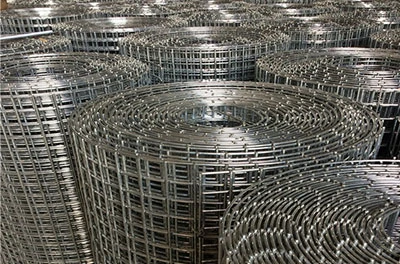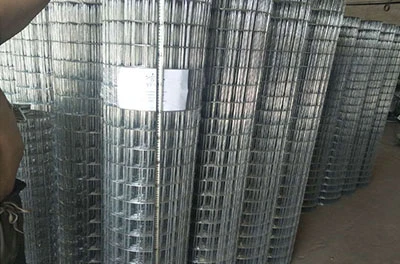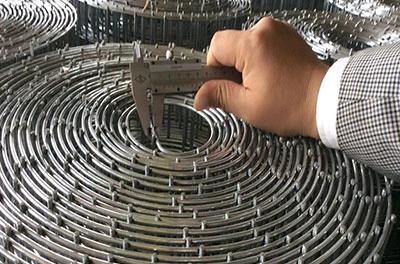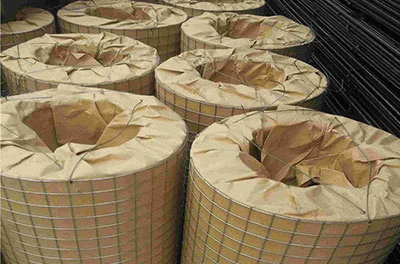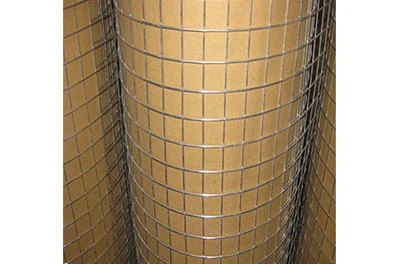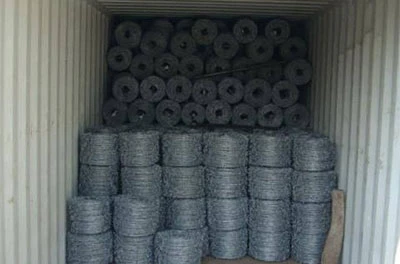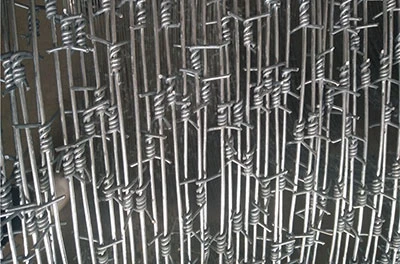Feb . 03, 2025 05:27 Back to list
Hot Dipped Galvanized Welded Metal Grid Steel Grating Ceiling


When it comes to thermal conductivity, aluminum excels by dissipating heat efficiently. This property is particularly advantageous in scenarios where grates are exposed to high temperatures or direct sunlight. By reducing heat retention, aluminum grating contributes to a safer environment, particularly in industrial or outdoor settings where worker safety is paramount. From an economic standpoint, the lifecycle cost of aluminum grates presents a compelling argument for their adoption. While the initial cost may be higher compared to some alternative materials, the overall costs are significantly reduced due to their longevity, low maintenance requirements, and resilience to harsh conditions. The investment in aluminum grating often leads to long-term savings and reduced operational disruptions. Critically, aluminum grating meets rigorous industry standards, ensuring compliance in all applications. These standards attest to their performance capabilities and reliability, which is critical for industries where grating failure is not an option. In sum, aluminum grate material emerges as an exemplary choice that offers a blend of strength, durability, and flexibility. Its ability to meet demanding conditions while maintaining structural integrity makes it a versatile solution across numerous sectors. Whether for industrial use, architectural integration, or safety considerations, aluminum grating consistently delivers, backed by its environmental benefits and cost-effectiveness. Embracing aluminum as a material of choice not only reinforces project success but also underscores a commitment to quality and sustainability.
Latest News
-
Brick Mesh Wall Solutions | Enhanced by GPT-4 Turbo Design
NewsAug.01,2025
-
Premium Anti-Climb Fence Spikes for Sale
NewsAug.01,2025
-
Premium Peach Post Fence | Durable & Stylish Security
NewsJul.31,2025
-
Best Galvanized Grating Price - Durable Galvanized Steel Grating Solutions
NewsJul.30,2025
-
0.5-4.0mm Wire 2×2 4×4 8×8 Hot Dipped Galvanized Welded Mesh Roll
NewsJul.30,2025
-
Metal Fence Pickets for Sale – Durable Galvanized & Steel Options
NewsJul.29,2025
Our company owns has excellent CAD steel grating drawing designers, who can provide customers with perfect steel grating layout design and better meet customers' special requirements for products. We have been adhering to it the business tenet of "quality first, customer first", with high-quality products, reasonable prices, and the fastest delivery time, we wholeheartedly provide customers with a full range of services! Welcome new and old customers to cooperate sincerely and create brilliance together!
Contact Us
WELCOME TO OUR COMPANY!
Thank you for your interest in our services! If you have any questions or wousld like to book a service, please don’t hesitate to contact us. Our team is dedicated to providing you with the highest level of service and support, and we are committed to working with you to make your event a success.

Service Email

Service Phone
Product Center
Contact Us
- Phone: +86 +86 15733154345
- E-mail: sales@chengsenchina.com
- Address: B1213 GLOBAL CENTER, NO.226 ZHONGHUA NORTH STREET, SHIJIAHUANG, CHINA


